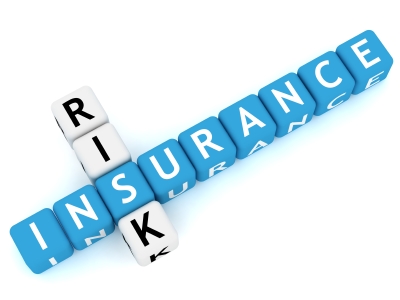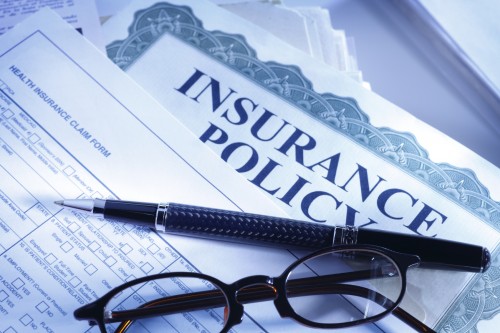Last week at my Financial Peace University Class, financial guru Dave Ramsey covered the types of insurance and reasoning behind having them. This was a very useful class, as insurance can be confusing to many of us. Sometimes we may not want to purchase insurance because of its cost, but not doing so could result in significant financial loss, even bankruptcy.

To determine how much and what kinds of insurance you need, you need to consider the risk versus the cost. For most of us, we need the following basic types of insurance:
- Homeowner’s or Renter’s
- Auto
- Health
- Disability
- Long-Term Care if you’re over 60
- Identity Theft Protection
- Life
Specifically, many of us may be undercovered when it comes to your auto insurance. Look at the liability on your policy to see how much you currently carry. Your policy will often look like this: 100/300/100. That means you have $100,000 maximum coverage of bodily injuries per person; $300,000 maximum combined amount of coverage for bodily injury per accident; and $100,000 in property damage coverage to replace any vehicles or objects damaged during the accident. Consider if you were at fault in an accident involving multiple people or a luxury car. An insurance policy of 100/300/100 could easily not provide enough coverage, and you could be left personally responsible for a large portion of the accident. Are you in a financial situation where you could cover such a loss? Answering that question will help you decide if you need more coverage.
By law, we all legally have to be covered by some form of health insurance now. A good option towards less expensive health insurance premiums could be a plan with a high deductible a tax-sheltered Health Savings Account (HSA). If you’re otherwise in good health, consider switching over from a low deductible plan with high premiums.
Life insurance is an important policy to have if you have children. A life insurance agent can help you decide how much you need, but generally you need to be covered for 10 times your income. Stay-at-home moms also need to be covered; if they die, their spouse will need to be able to cover expenses to replace all that Mom does. Once your kids are grown and you’re debt free, you will no longer need life insurance. However, Dave Ramsey is ADAMANT that the only kind of life insurance you should get is Term. Avoid Cash Value life insurance such as Whole, Universal, or Variable Life. These types of insurance offer a historically low rate of return on your money, when you die the insurance company will keep the cash value (you only get it if you live to the end of your policy), and the fees for your policy are very high. Instead, “buy term and invest the rest.” The return you get on an average stock market year will be much higher than what you would get from a Cash Value policy.
In my Financial Peace University Class, I learned that you should avoid these types of insurance:
- Credit Life and Disability
- Cancer and hospital indemnity
- Accidental death (you don’t need more if you die because of an accident than if you die from any other reason)
- Pre-paid burial policies
- Mortgage Life Insurance (If you are sick or uninsurable, this could be a good option, however)
- Policies with fancy options such as a return of premium or waiver of premium
Insurance can be confusing. Remember, DO NOT BUY anything until you understand it! Work with a professional who will help you understand what you are purchasing and why. I cannot say that enough! That is the most important thing to learn from this Financial Peace University class.










